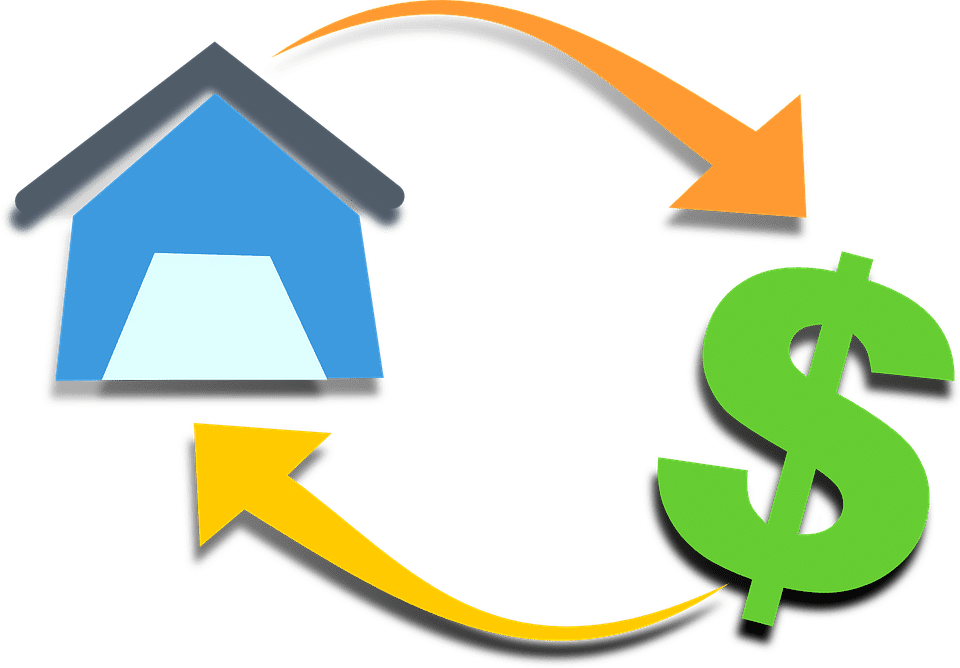The process of refinancing a mortgage means a person pays off their existing loan and replaces it with a new one. There are several reasons a person may want to refinance a home loan. Some of the most common reasons people consider doing this is to get a lower interest rate, to shorten the term of their current mortgage, to tap into the equity, or even consolidate debt.
Because a home refinance loan can cost between three and six percent of the loan’s principal, and with an original mortgage, requires application fees, a title search, and an appraisal, it is crucial for a homeowner to figure out if refinancing is a smart decision. Keep reading this article, Considering Mortgage Refinancing Rates: When Is It Worth It?, to learn about refinancing a home loan.
Acquiring a Lower Interest Rate
There are some refinance options that allow a person to reduce the interest rate on their current loan. Usually, the rule of thumb is that refinancing is a smart idea if a person is able to reduce their interest rate. However, there are many lenders who make the claim that even a small savings is a good enough incentive to go ahead and refinance.
By reducing the interest rate on a home loan, a person can save money and increase the rate at which they are able to build equity in their home. It can also help to reduce the size of a homeowner’s monthly payment.
One example of this is a 30-year-fixed-rate mortgage that has an interest rate of nine percent on a home that costs $100K has an interest and principal payment of up to $804.62. The same loan at a rate of 4.5 percent will reduce a person’s payment to just $506.69.
Shorten the Term of the Loan by Refinancing
When the interest rates fall, there are homeowners who have the opportunity to refinance their current loan for another one without having to experience a change in the total monthly payment, but with a shorter term. By reducing the term of the loan but maintaining the same payment, a person can have it paid off sooner.
Use Equity or Consolidate Debt
All of the reasons a person may refinance their home are considered smart financial motives. However, it is important to consider it carefully. Some homeowners may access the equity in their homes to cover major expenses, like the cost of their child’s college education or home remodeling. The refinancing is justified by the fact that when a person remodels their home, it will add value to it.
It’s also a smart move to refinance to consolidate debt. Being able to replace high-interest debt with al owner interest mortgage is a smart move. Unfortunately, refinancing won’t be good automatically and a homeowner should only take this step if they are confident they can avoid spending the debt they have paid off.
Is Refinancing a Good Idea?
Each homeowner must carefully consider whether or not refinancing is a smart option for their situation. Understanding the pros and cons of this can help them figure out if it’s worth it. It may also be a good idea to work with a lender who you can trust with these types of loans, as this is going to pay off in the long run.
Reach out to Fellowship Home Loans now to learn more about a home refinance loan. We will help ensure that you get a loan that ideal fits your family’s needs!


